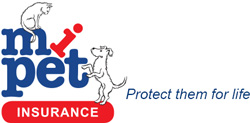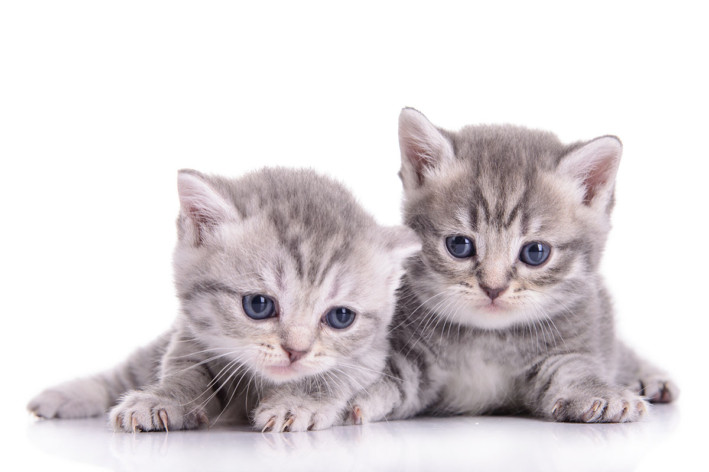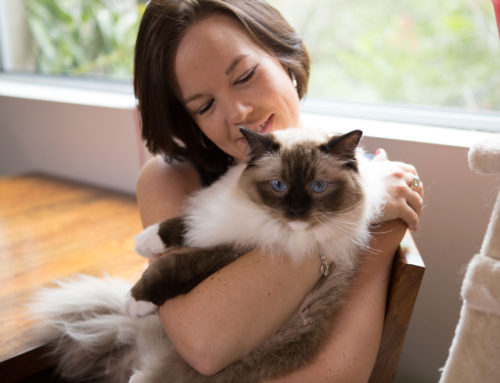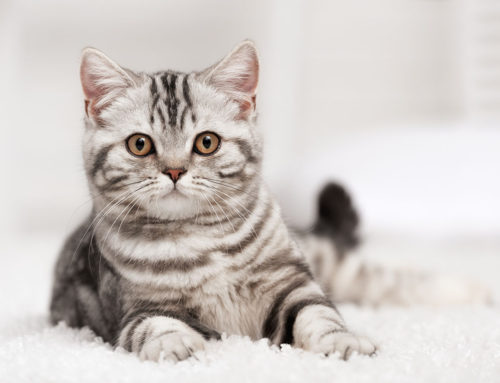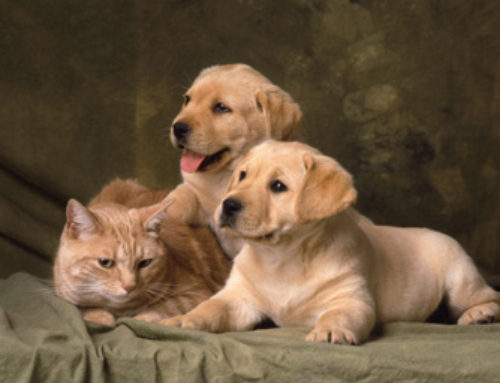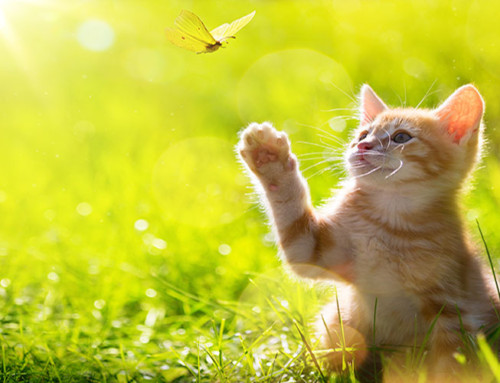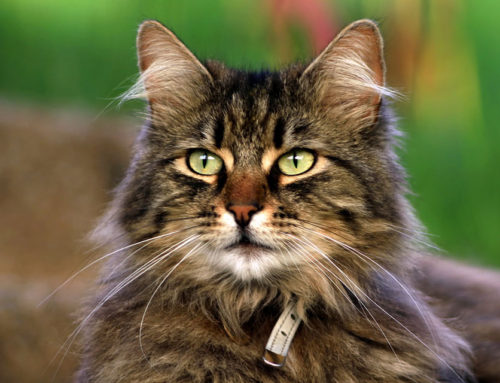We are what we eat, and our cats’ diet is no exception. Feeding your cat the right food can be very easy and will paying off quickly with plenty of health benefits. One thing to remember is that humans and cats are very different when it comes to nutrition. We’re omnivores and cats are carnivores. We thrive on a mix of plant-based and animal products, while cats require a diet of almost all meat. Wild cats traditionally lived off animal prey, which contains up to 75% water, so they need plenty water to maintain hydration, along with a lot of protein and other nutrients found in animal products – calcium, taurine, and vitamins B3, B1, B6, which are not found in plants.
The most nutritious option for your cat will depend on the life stage they’re at. This is why it’s important to consult a vet at different stages of your cat’s life in order to discuss any changes in their dietary requirements.
Is dry or wet food healthier for my cat?
This is definitely a contentious issue among vets and cat owners. Many wonder whether their cat should stick to wet food, or whether a bit of dry food is good for their diet. Here’s the lowdown:
Dry food is definitely an easier and cheaper choice – it doesn’t go off as quickly, meaning you can leave it out all day long for your cat to nibble on. It also comes in big quantities and easy to store packaging, which makes it a very convenient choice. It may also be formulated in a way that helps keep your cat’s teeth clean depending on the brand and quality of the product. However, some vets urge pet-owners against it, because:
- It is highly processed with many added chemicals
- It contains lots of carbohydrates, which are not needed in a cat’s diet and not as much animal meat, where most of their nutrients will come from.
- It is only 10% water content, compared to raw meat, which can have up to 75%. This is said to cause dehydration, urinary tract problems and kidney disease.
Wet food, as the name suggests, retains more moisture, offering higher levels of hydration. It also offers much more protein and essential nutrients, meaning there will be less solid waste in your cat’s litter box.
It’s important to remember that, while there are lots of good wet food products on the market, there are also plenty of bad ones. Be sure to check the label to make sure the first ingredient is meat, and there are little or no filler products like corn-starch, which will provide no nutritional value for kitty.
Is homemade food better for my cat?
Store-bought food can contain plenty of nasties, from chemicals, to cheap filler products like rice, grains and corn-starch, which can sometimes make up close to 40% of kitty meals. While these products might be okay for humans to eat, they are no good for cats, who require almost all protein as a result of their carnivorous genes. Unprocessed meat is much better for your cat. But sadly, not all cat owners can afford to whip up T-bone steak for their cats; making homemade food is the least convenient and most expensive option.
Are there any foods I avoid feeding my cat?
Yes. Some foods we eat are not made for the digestive tract of a cat, and can be a health hazard when ingested. Here are a few kitty no-nos, known to be toxic to cats:
- Anything with caffeine
- Alcohol
- Cooking flavours and spices such as garlic, nutmeg, mustard, salt, chives, onions, onion powder or chilli
- Anything really fatty, like fast foods or fat trimmings as these are causes of pancreatitis
- Raw eggs
- Macadamias or walnuts
- Some fruits, such as citrus, grapes, raisons or apples with seeds
- Chocolate
- Tough bones, which can splinter.
What do I do if my cat is overweight?
An obese cat is at a higher risk of developing health conditions like diabetes, high blood pressure and heart disease.
One sure-fire way prompt weight loss is to pick grain-free, starch-free cat food. When you feed cats these kinds of carbohydrates, they can’t break them down like humans and dogs do. Their bodies just simply aren’t made to process carbs, meaning that any excess turns straight to fat.
Some other ways to cut back calories:
- Feed them smaller portion sizes
- Don’t give them any extra treats
- Play with them more to boost their exercise levels.
For more tips, see what to do with an overweight cat.
